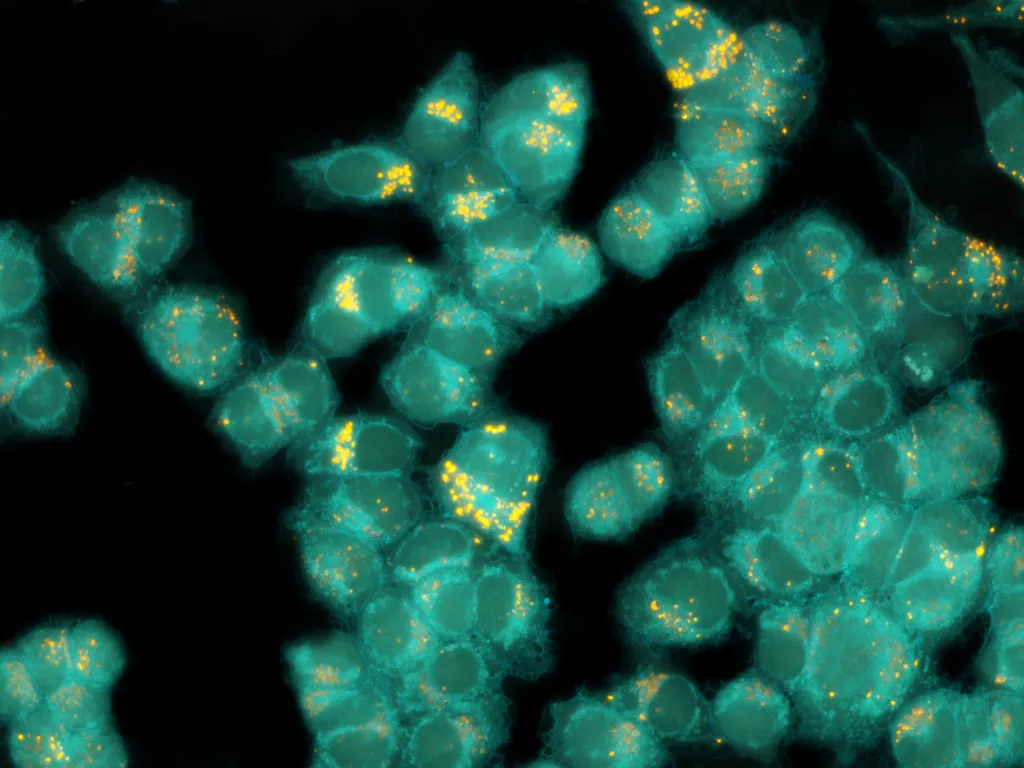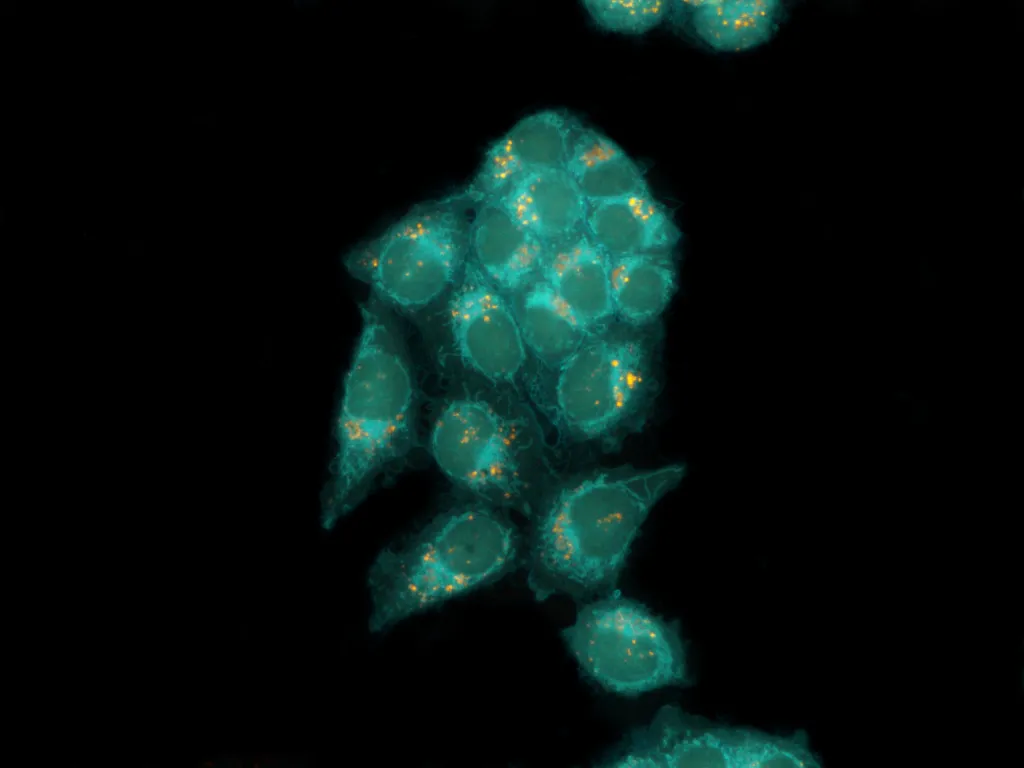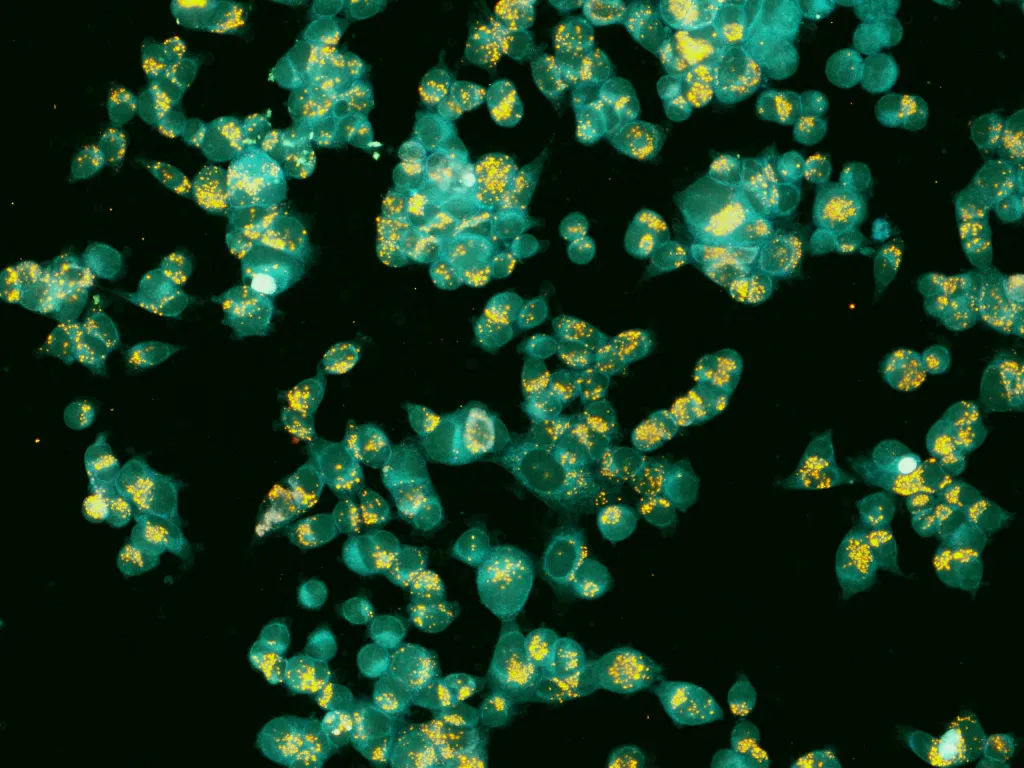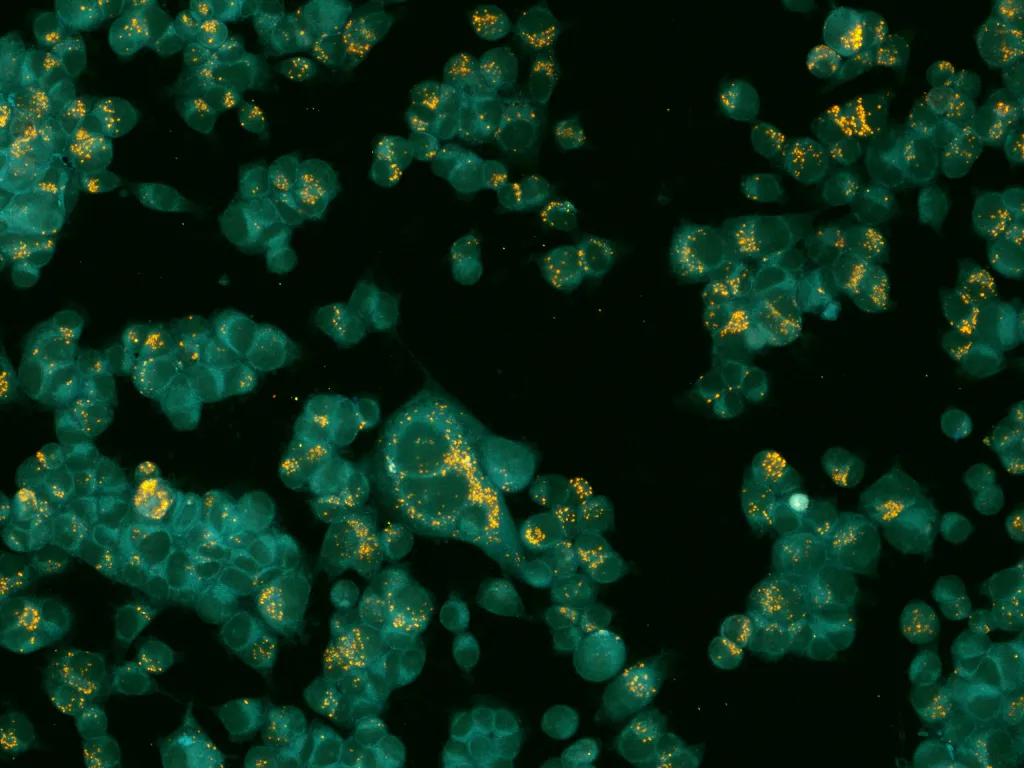
Scientists from the University of Silesia in Katowice have developed molecular probes in the form of fluorescent compounds to examine the level of zinc ions in cells.
By so doing they will be able to diagnose Alzheimer's disease and monitor the progress of its treatment.
Molecular probes are compounds that bind to a specific substance and are used to detect it. In this case, they are introduced into cells to study their metabolism and growth associated with zinc ions.
The patented solution of the Silesian scientists is a derivative of styrylquinoline and has fluorescent properties, which means that it emits visible light when illuminated with UV light.
Professor Robert Musioł from the Institute of Chemistry at the Faculty of Science and Technology explained: “The compound is a fluorescent dye, it glows by itself, but under the influence of zinc ions it glows differently.
“An abnormal amount or distribution of zinc ions in cells is observed in Alzheimer's disease. Our compound allows us to check whether there are any of these disorders in the brain cells. This will help diagnose the disease and monitor the progress of its treatment.”
The compound has the appropriate biological and physicochemical properties, is non-toxic, photostable and chemically neutral. It will not harm cells or change its structure under the influence of light radiation or temperature, and it will not produce toxic products as a result of the conversion of energy that changes UV radiation into visible light.
Musioł said: “We will develop this topic. We want to develop compounds that can be used not only for diagnostics, but also - at the same time - for therapeutic purposes."
The authors of the invention are: Dr. Barbara Czaplińska, Dr. Katarzyna Malarz, Dr. Anna Mrozek-Wilczkiewicz, a professor at the University of Silesia, and Professor Robert Musioł.
PAP - Science in Poland, Agnieszka Kliks-Pudlik
akp/ ekr/ kap/
tr. RL
Gallery (4 images)
-
 1/4Images of cancer cells; credit: Dr. Katarzyna Malarz
1/4Images of cancer cells; credit: Dr. Katarzyna Malarz -
 2/4Images of cancer cells; credit: Dr. Katarzyna Malarz
2/4Images of cancer cells; credit: Dr. Katarzyna Malarz -
 3/4Images of cancer cells; credit: Dr. Katarzyna Malarz
3/4Images of cancer cells; credit: Dr. Katarzyna Malarz -
 4/4Images of cancer cells; credit: Dr. Katarzyna Malarz
4/4Images of cancer cells; credit: Dr. Katarzyna Malarz












